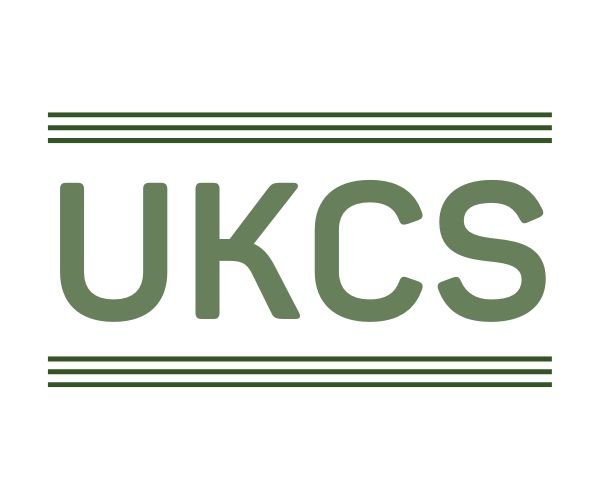That well-known paraprosdokian about the tomato and the salad…
A friend of mine recently sent me a list of well-known paraprosdokians…which meant I had to look up what it is they are! The definition of a paraprosdokian is:
Figure of speech in which the latter part of a sentence or phrase is surprising or unexpected; frequently used in a humorous situation.
There was more than humour in one of the paraprosdokians on the list:
Knowledge is knowing a tomato is a fruit. Wisdom is not putting it in a fruit salad.
In my own spiritual journey I have come to appreciate that there is a discrepancy between knowledge and wisdom. There is always a whole lot of knowledge going around – with the advent of the internet, there is more circulating than ever – but is it always wisdom to add all that knowledge to one’s mental storehouse?For instance, with my iPhone and computer I have instant access to masses of medical knowledge. Doctors and other medical professionals have had to get used to patients coming along and second-guessing the diagnosis, prognosis, and prescriptions they are given, based on what they have learned online. To many people that feels empowering. To many medical professionals, on the other hand, it can seem to undermine their sense of having an authority gained by years of study and experience and they and their patients need to work out how to manage this shift in the balance of power.However, there is another concern about such knowledge “empowerment” which wisdom warns against. In the light of the mind-body relationship, which is increasingly being recognised, wisdom asks, “Is the lure of easily available medical knowledge always adding to the storehouse of the mind the kind of treasures that play out in better health for the body?”Or is it sometimes opening up our mental chambers to impressive pictures of disease which tend to promote fearful concerns that more readily reproduce on the body the very symptoms dreaded?Scientists are beginning to delve into the effect of thought on the body through such things as increasing recognition of the placebo effect and I have long been grateful for thoughtful research done by Mary Baker Eddy over 100 years ago on exactly how thought directly has an impact on the body – including fear induced by reports on medical theory, no matter how well-meaning. The thought-provoking conclusions she reached are articulated in Science and Health with Key to the Scriptures, for instance on pages 196 (line 20) to 197 (line 28).In my own life I have come to realise that checking knowledge against wisdom is both possible and useful.So, what constitutes wisdom? To me, it comes down to the “scientific” idea of not trusting theological knowledge unless you can “demonstrate” its practical validity in healing, and the “theological idea” of not looking to material measurements alone to prove or deny the existence and influence of divine Spirit, God.The beauty of the wisdom of spiritual reasoning and spiritual living is that it is full of unexpected “blessings” that point to the existence and action of a surprisingly good God.
